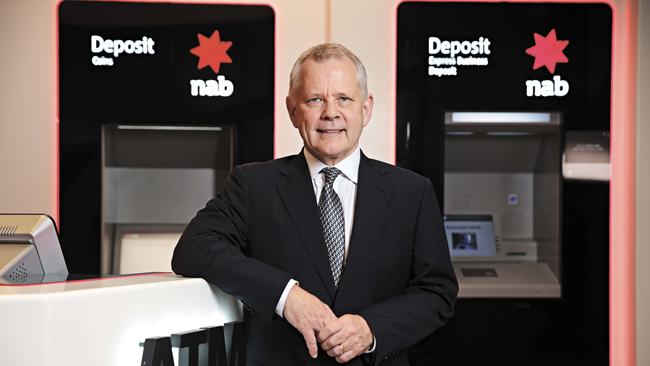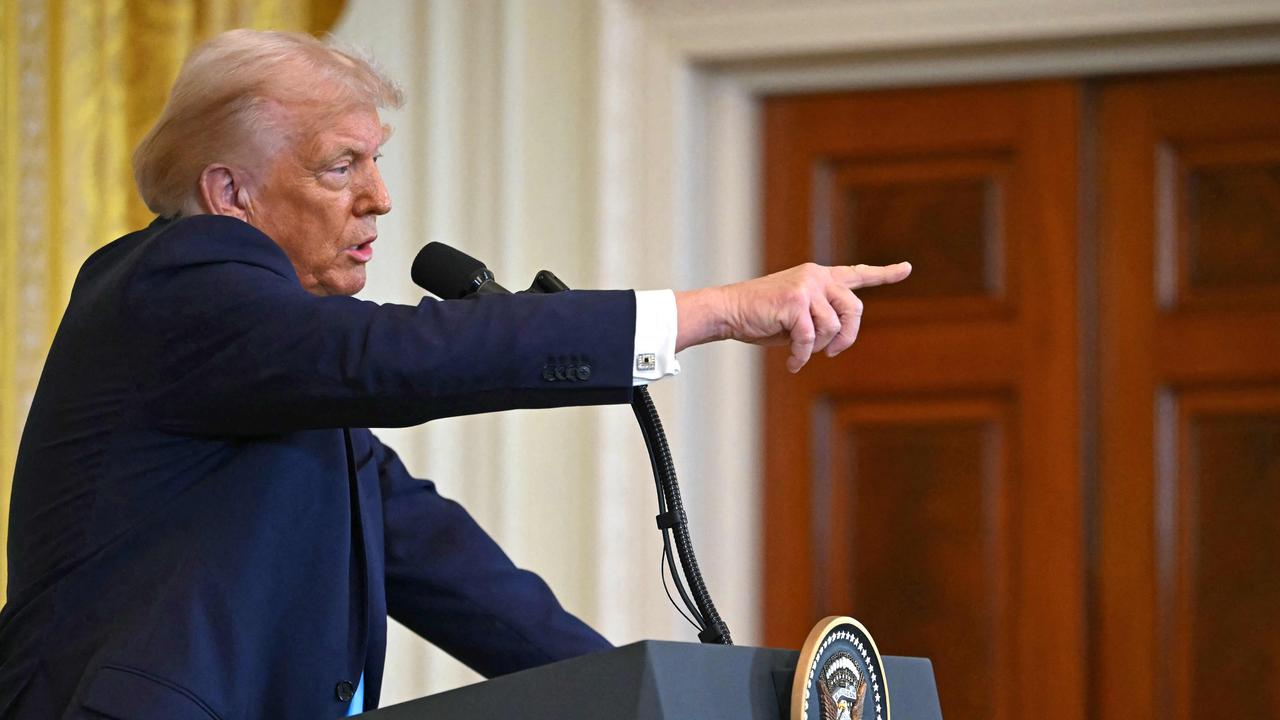
Westpac’s appointment of seasoned banker John McFarlane as incoming chairman provides a steady pair of hands, but also underscores a very limited pool of up-to-the-job candidates.
The Westpac board deserves credit for moving expeditiously to get a well-credentialed candidate rather than dragging its heels on a decision.
Whether it’s the right one, though, will depend on who is appointed CEO and how the bank navigates the Austrac scandal and the next two to three years.
Westpac opted for a well-known quantity and career banker. Given the compliance turmoil it finds itself in that’s a positive.
McFarlane’s reign at ANZ was largely described as positive given the run of profits and uplift in the valuation, but the Opes Prime collapse in 2008 revealed serious cultural and ethical problems within the bank.
Detractors would argue McFarlane is too much of an old school banker and won’t be able to oversee the right fixes across the business, particularly around the evolution of technology and data.
Either way, the nation’s largest financial institutions are now turning to a familiar and limited pool of banking candidates for roles at the top.
National Australia Bank is now chaired by former Westpac executive Phil Chronican and the CEO is former Royal Bank of Scotland boss and Commonwealth Bank executive Ross McEwan.
The chairmanship of AMP is held by David Murray, the former CBA boss and head of the financial system inquiry.
This trend likely stems from the scrutiny of the Hayne royal commission, the regulatory minefield and legal cases under way and the low-growth environment. In times like this known quantities and conservative boards rule the day.
The Westpac board signed off on Monday on the broad profile and qualities that are prerequisites for the next CEO, which included the ability to execute on strategy.
McFarlane said when it came to CEOs there were usually two camps, the first being those that were a wonderful leader and a good manager.
The latter camp, in his words, is what Westpac is looking for: “a wonderful manager and good leader”.
“We are probably in the second category. Because we’ve had lots of good leadership here, people orientation, etc, so we need to deal with the missing part.”
McFarlane’s comments on Thursday about leading the CEO search made clear the importance of a good dynamic between whoever is tapped and the chairman.
“I’ve inherited two CEOs that I actually would not have chosen,” he said.
For Westpac, and hence McFarlane, fixing a lax compliance culture is key.
There are no meetings scheduled yet with Austrac boss Nicole Rose, but McFarlane aims to engage with all the major regulators in his first few months. Given the regulatory lens on Westpac that has to be a top priority.
The Austrac/Westpac agreed statement of facts is being worked on, the corporate regulator is probing disclosure and the banking regulator is taking a closer look at accountability for breaches of the law.
On the issue of 23 million alleged anti-money laundering breaches, McFarlane said:
“One is much more serious than the other, and not dealing with suspicious matters is much more serious than not reporting.
“It’s very important that regulators differentiate in terms of the penalties associated with that.”
Suffice to say the bulk of Westpac’s alleged breaches were due to the failure to report international payments.
Compliance watch
NAB quietly bolstered its financial crimes operational team last year, including taking staff from PwC, ahead of the Westpac scandal making the headlines.
This column understands the boost to resourcing was supplemented by employees brought in from the accounting and consulting group. About eight PwC staff — from a larger group last year — remain at NAB within the financial crimes unit helping work through customer payments and operations.
Their work is not directly linked to NAB’s reported issues with Austrac, which include weaknesses with the implementation of “know your customer” requirements, financial crime risks and process issues affecting transaction monitoring and reporting.
At NAB’s annual general meeting in December chairman Phil Chronican told investors the bank spent about $150m last year on increasing its financial crimes capability and had more than 1000 people dedicated to the area.
Chronican said the issues at NAB were “not of the scale” reported in other organisations — think Commonwealth and Westpac.
“In particular, we do not have a product that goes outside the SWIFT system for international payments, but nonetheless we know that there are some elements of the anti-money laundering legislation where our processes were weak and we’ve reported that to Austrac. We have significantly upgraded the capability in this area,” he said at the time.
“There’s invariably going to be things where we fall short, but the message that we’ve had from Austrac is that we are not really measured to a perfection standard.
“We are going to be measured to a standard of ensuring that we fix issues as we find them, that we put enough energy and resources into fixing them and we show the right attitude towards resolution of all the issues we’re aware of.”
While Chronican spoke of close engagement between the bank and Austrac, and said he was “not aware of any impending action”, nothing can be ruled out.
Austrac’s approach over the past three years is to come out swinging and banks that don’t toe the line, or haven’t in the past, are in its sights.



